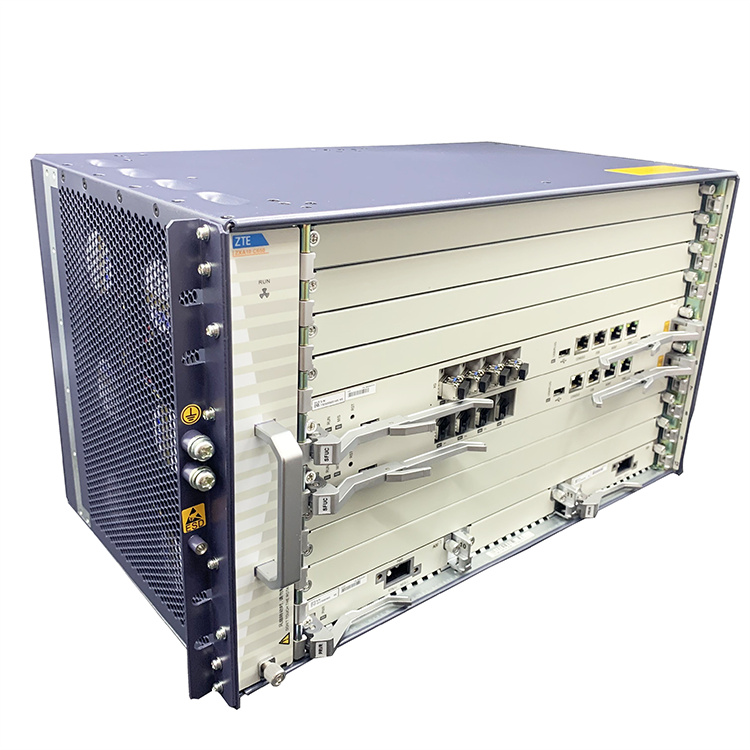"GFTL" stands for "Green, Flexible, Transparent, and Low cost." It is a model specification that aims to guide the development of products and services that are environmentally friendly, adaptable, clear in their operations, and cost effective. Here's a brief introduction to each key attribute:
1. Green: This attribute emphasizes the importance of sustainability and eco friendliness in the design and production process. It encourages the use of renewable resources, reduction in waste, and the minimization of environmental impact. Products and services that adhere to this attribute are expected to have a lower carbon footprint and contribute to a healthier planet.
2. Flexible: Flexibility in this context refers to the adaptability of the product or service to different user needs, environments, and conditions. It implies that the offering should be versatile and capable of being easily modified or customized without significant additional costs or efforts. This attribute is particularly important in fast changing markets where consumer preferences and technological advancements can shift rapidly.
3. Transparent: Transparency is about openness and honesty in all aspects of the business, from the supply chain to the end product. It involves clear communication with customers about the materials used, the production processes, and any potential environmental or social impacts. Transparent practices build trust with consumers and can differentiate a company in a competitive market.
4. Low cost: This attribute focuses on the affordability of the product or service, making it accessible to a wide range of consumers. It does not necessarily mean compromising on quality but rather optimizing costs through efficient production methods, smart sourcing, and innovative design. Low cost offerings can drive market penetration and make a product or service more appealing to price sensitive customers.
In summary, the "GFTL" model specification is a comprehensive framework that encourages businesses to create products and services that are not only environmentally responsible but also adaptable, transparent in their operations, and economically viable. By adhering to these attributes, companies can enhance their brand reputation, meet the evolving needs of consumers, and contribute to a more sustainable future.







